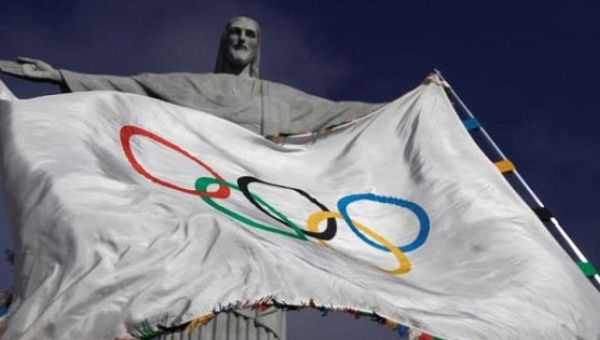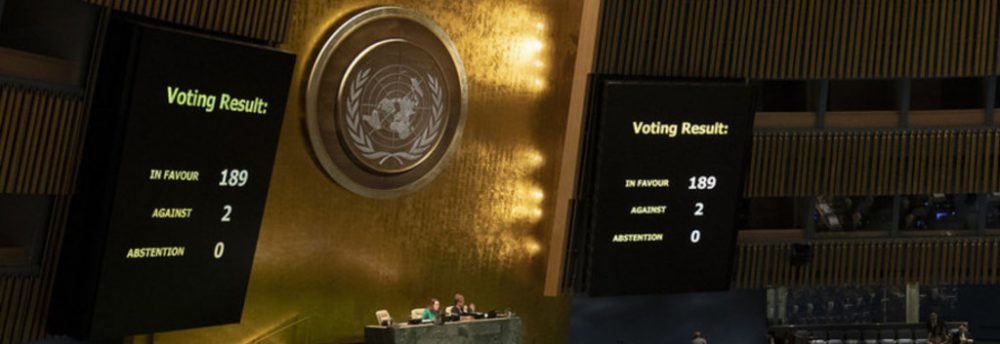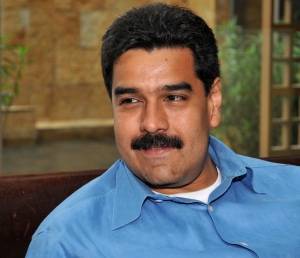Source: TeleSUR
August 19 2016
By: John Wight
When it comes to the politicization of the Olympics, we cannot avoid the conclusion that geopolitics and the Games are now two sides of the same coin.

| Photo: Reuters
The Olympics as a global celebration of sporting endeavour and achievement, embodying the spirit of honest competition, brotherhood, unity and peace are dead, while the Olympics as a money-making, revenue-generating, politicized and cynical international racket are alive and kicking. And it has been that way since the Los Angeles Games in 1984, when the likes of Coca-Cola, American Express, AT&T, General Motors, McDonald’s and other major corporate sponsors hiijacked the event and its ethos, effecting a transformation consonant with a butterfly metamorphosing into a slug.
RELATED: Brazil Declares ‘State of Public Calamity’ to Finance Olympics
As Jules Boykoff writes in his political history of the Olympics, Power Games, quoting sport sociologist Alan Tomlinson, “the 1984 [Los Angeles] Games were ‘the pivotal moment when the Olympics were steered down a path toward their Disneyfication,’ and not just because they transpired in LA.”
The Olympics now symbolize much that is bad about the world
The trajectory of the Games begun in Los Angeles in 1984 has continued since, to the point where in the 21st century rather than a symbol of anything good the Olympics now symbolize much that is bad about the world – in other words greed, elitism, and disdain for the poor. In the case of the Games of the XXXI Olympiad in Rio de Janeiro this reality has never been more stark, reflected in street protests and acts of civil disobedience fuelled by anger at the money being thrown at the event at a time when millions across Brazil are living in Third World levels of poverty and the country is mired in economic, political and social crises. Seen in this light the Games become an insult and a moral monster in the eyes of those whose lives are reduced to a daily struggle for survival, a means by which the host country is able to present itself in a favourable light, thus reducing the event to nothing more than a massive and very expensive PR exercise.
A distraction from reality
Bread and circuses, providing the masses with food and entertainment as a way of distracting them from the reality of their lives and condition, is a term and a concept handed down to us from ancient Rome. It conjures the image of an out of touch and bloated plutocratic elite whose decadence is enjoyed on the backs of the poor.
When it comes to the politicization of the Olympics, we cannot avoid the conclusion that geopolitics and the Games are now two sides of the same coin, with participating states and countries divided between those deemed important, less important and demonized. The issue and prevalence of performance enhancing drugs in sport has also shattered the Olympic ideal, though is anyone really surprised with the lucrative sponsorship deals and rewards awaiting those athletes who manage to make it to the winner’s podium?
Met with the biggest roar of the night
Though the IOC deserves credit for the formation of a special ‘refugee team’ in Rio, whose entry at the opening ceremony met with the biggest roar of the night from the vast crowd at the famed Maracana Stadium, the fact there is a refugee team at all has to count as an indictment of a world that has both created the refugee crisis and done nowhere near enough to alleviate it.
Taken together, it is a grotesque distortion of an event that traces its lineage all the way back to ancient Greece, where they were first staged around 776 BC in homage to the Greek king of the gods, Zeus. They were subsequently banned by the Roman Emperor, Theodosius I, whereupon they remained extinct until reborn in 1896 in Athens, when their modern history begins.
The Olympics since then have grown not only in terms of the number of sports included but also in their international and political importance depending on the specific political context and period in which they’ve been held. No greater example of this came with the 1936 Berlin Games, hosted by Nazi Germany, at a time when fascism was on the rise, along with resistance to it across Europe. Organized as a showcase to prove Hitler’s and the Nazi theory of the ‘master race’, the Games in Berlin were shrouded in controversy, held at the same time as the persecution of Germany’s Jewish community and the imprisonment of communists, trade unionists, and other dissenting voices in the country was well underway.
A parallel People’s Olympiad
Little known is the fact that in protest at the Berlin Games a parallel People’s Olympiad were planned to take place in Barcelona, which had lost the bid to Berlin when it was decided in 1931, two years before Hitler ascended to power.
Barcelona was a hotbed of left wing and progressive politics in Spain in the 1930s, representative of everything that fascism was committed to destroying. However just as the Barcelona People’s Olympiad was about to begin the Spanish Civil War erupted, thus ending them before they began. Indeed some of the athletes who’d arrived in Barcelona to take part in the People’s Olympiad instead took up arms to fight for Republican Spain against Franco.
A boycott of the 1980 Moscow Games was staged by the United States in protest at the Soviet intervention in Afghanistan against US supported, funded, and armed Mujahadeen, self-styled holy warriors who paved the way for the emergence of the Taliban and al-Qaeda. The only other countries to support the US boycott were Canada, Japan, and West Germany. In response the Soviet Union along with fourteen other countries boycotted the 1984 Games in Los Angeles.
RELATED: Global Doping Agency Suspends Rio Lab Weeks Before Olympics
Russophobia
Though the Soviet Union is no longer with us Russophobia is, reflected in the campaign that’s been mounted to punish its athletes over doping allegations. Though it may well suit the powers that be to blame one country for the evils of doping in international and elite sports, it fails the first test of credibility. Doping is a global challenge afflicting sport with no country or country’s athletes able to assert moral high ground. It reflects the huge pressure and rewards surrounding top level sporting competition and in a very real sense is a symptom of the demands the public places on its athletes to run ever faster, jump ever higher, and constantly and continually push the limits of human endurance and strength. It is why the only way to remove the scourge of doping in sporting competition is to remove the scourge of money from sporting competition.
The corruption of the Olympic ethos
Which brings us back to the issue of the corruption of the Olympic ethos, previously mentioned, and the hosting of Games that are a celebration not of international sporting competition but of global capitalism and corporations in cities and countries in which millions are living in slums with hardly enough money to be able to feed themselves and their families.
In the 21st century Pat Hickey not Zeus is the true face of the Olympic Games and is why the idea of a People’s Olympiad — begun in 1936 but never completed — is in the 21st century an idea whose time has come.




